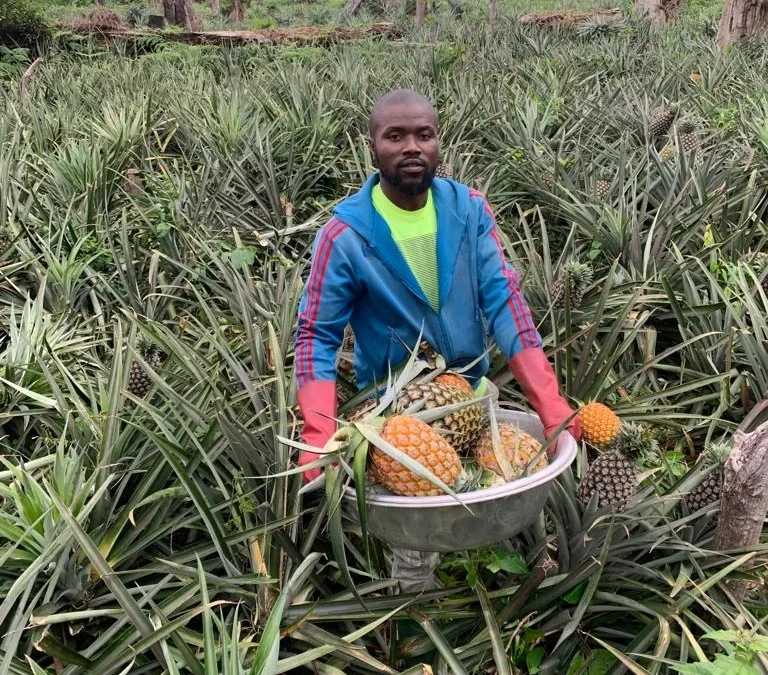In the lush landscapes of tropical regions, the pineapple, or “ananas,” stands as a symbol of sweetness and vitality. Yet, behind this iconic fruit lies a complex network of farmers facing a myriad of challenges in their quest to cultivate and sell their produce. Supporting pineapple farmers isn’t just about ensuring a bountiful harvest; it’s about fostering sustainable practices, empowering local communities, and preserving the rich agricultural heritage of these regions.
Nurturing Pineapple Plantations
Pineapple farming is a labor-intensive endeavor that requires careful attention to soil, climate, and cultivation techniques. Many pineapple farmers in tropical regions grapple with issues such as soil erosion, pest infestations, and disease outbreaks, which can devastate entire plantations. By providing farmers with training in sustainable farming practices, access to quality inputs, and technical assistance, we can help them nurture healthy pineapple crops and ensure a reliable source of income for their families.
Preserving Biodiversity
Pineapple farming, like many forms of agriculture, can have significant impacts on local ecosystems and biodiversity. Clearing land for plantations, using chemical pesticides and fertilizers, and monocropping practices can degrade soil health, deplete water resources, and harm wildlife habitats. Supporting pineapple farmers means promoting biodiversity conservation through agroforestry, organic farming, and integrated pest management. By incorporating native trees, crops, and beneficial insects into pineapple plantations, farmers can create thriving ecosystems that benefit both people and the planet.
Empowering Pineapple Producers
The pineapple industry is often characterized by a complex supply chain, with smallholder farmers at the bottom facing challenges such as limited market access, low prices, and unfair trading practices. Supporting pineapple producers means empowering them to participate more equitably in the global market. By strengthening farmer cooperatives, improving market linkages, and promoting fair trade certification, we can help pineapple farmers secure better prices for their produce and improve their bargaining power with buyers.
Harnessing Innovation
Innovation is key to unlocking the full potential of pineapple farming and ensuring its long-term sustainability. From new varieties of pineapple that are more resistant to pests and diseases to innovative harvesting and processing techniques that reduce waste and increase efficiency, there are many opportunities for technological advancement in the pineapple industry. By investing in research and development, promoting the adoption of sustainable technologies, and fostering collaboration between farmers, scientists, and industry stakeholders, we can drive innovation that benefits pineapple farmers and consumers alike.
Celebrating Pineapple Culture
Beyond its economic importance, the pineapple holds a special place in the cultural heritage of many tropical regions. From traditional rituals and celebrations to culinary delights and artisanal crafts, the pineapple is woven into the fabric of daily life. Supporting pineapple farmers means celebrating and preserving this cultural heritage for future generations. By promoting agritourism, culinary tourism, and cultural exchanges centered around the pineapple, we can create opportunities for local communities to showcase their traditions and generate additional income from their agricultural heritage.
Joining Forces for Pineapple Sustainability
The task of supporting pineapple farmers and promoting sustainable pineapple production requires collective action and collaboration across sectors and stakeholders. Governments, NGOs, private sector actors, and consumers all have a role to play in driving positive change in the pineapple industry. By joining forces for pineapple sustainability, we can ensure that this iconic fruit continues to bring joy and prosperity to communities around the world for generations to come.

